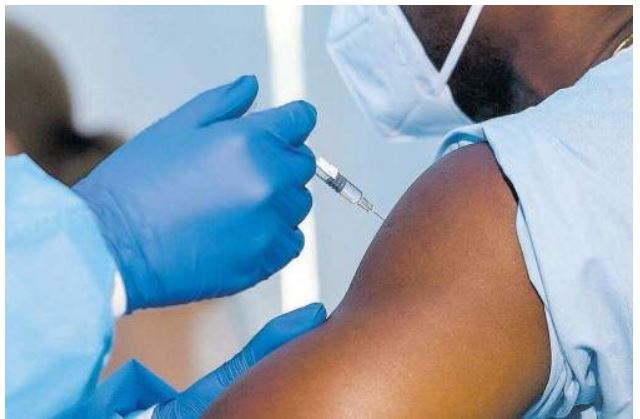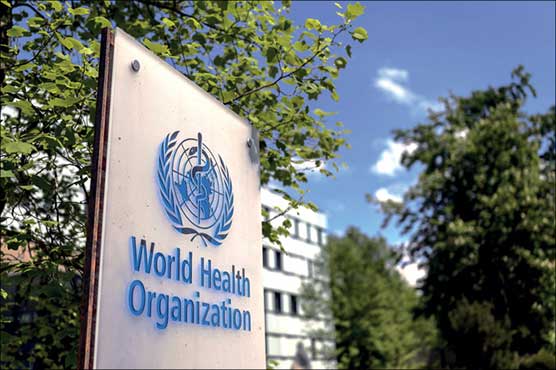PORT-OF-SPAIN, Trinidad, Jul 07 2015 – Non-nationals in Trinidad and Tobago will soon have to foot their own bills for health care as the Ministry of Health has begun the registration process for the much-anticipated National Health Card, which is available only to citizens and legal residents.
The card, which was promised by Prime Minister Kamla Persad-Bissessar during her 2013 local government campaign, is designed to provide faster and more efficient access to State health services and eliminate fraud and wastage within the Chronic Diseases Assistance Programme (CDAP).
It will eventually be a requirement for all nationals when accessing services at public hospitals, according to Health Minister Dr Fuad Khan.
This means that foreigners studying or vacationing in this country, in addition to some 110,000 persons living here illegally, will no longer be able to utilise the public health care system free of charge.
Registration for the card began yesterday, but Khan explained that this is only the first phase and is strictly for CDAP patients.
Around 60,000 people currently depend on prescription medication for chronic diseases through CDAP.
“It has to be done in phases because we won’t be able to do it just in one go,” Khan said.
The second phase will focus on cancer and HIV patients, he said, adding that proof of nationality is required when registering, such as a birth certificate, national ID card, passport or driver’s permit.
Khan said providing cancer and HIV drugs is an “extremely expensive process” and, with the introduction of the health card, these drugs will be limited to citizens of this country alone.
“If you are not a national or a legal resident you will not be able to access the CDAP drugs, HIV drugs or oncology drugs.
“It is going to extend into the hospitals eventually so that non-nationals will not be able to access hospitals except for emergency care,” said the Minister.
Khan said this is no different from what is done in other countries.
“Our nationals in other countries don’t get health care unless they have health insurance. They are seen in an emergency situation, but just stabilised and then sent back to their own country.
“If they have any procedure done in that country, they have to pay for it.” (Trinidad Express)



